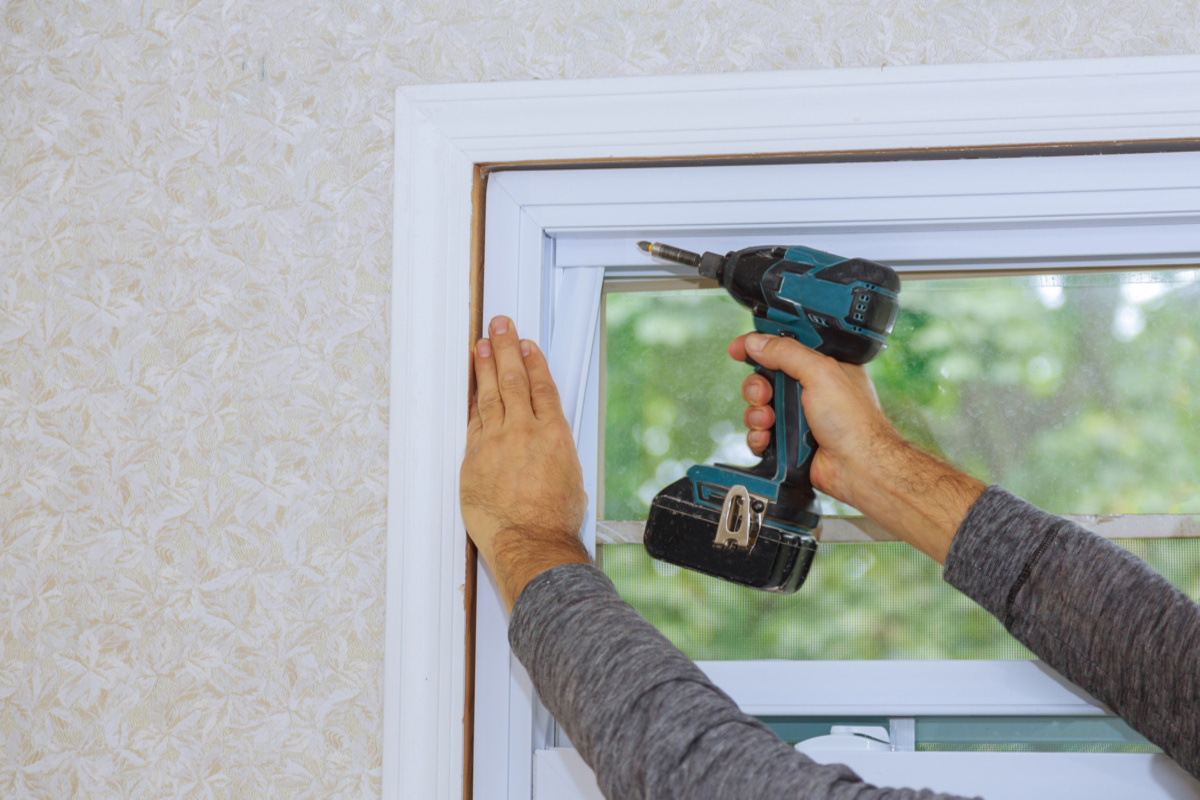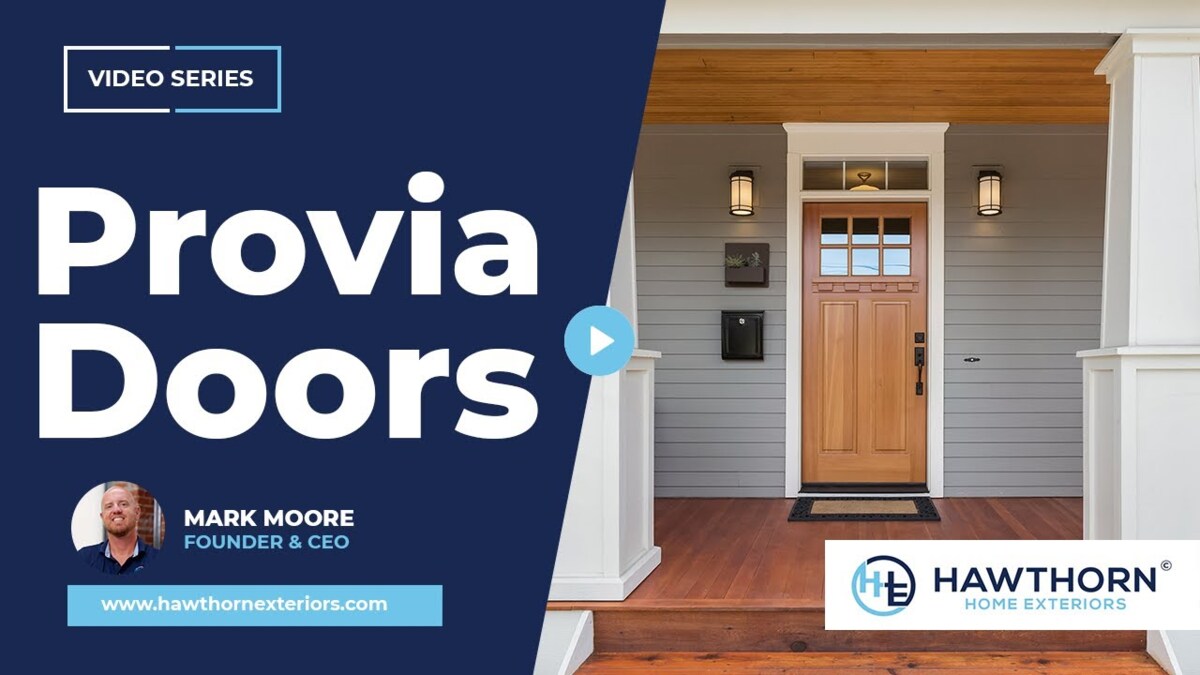Choosing the right wood door for your home involves more than just aesthetics; it’s about quality and durability, especially in climates that challenge the integrity of solid wood. In this guide, we’ll explore the common problems with traditional solid wood doors, introduce the advantages of engineered core doors, and provide essential tips on how to determine the quality of a wood door.
Problems with Solid Wood Doors
Solid wood front doors, while initially appealing, can pose significant issues, particularly in regions prone to temperature and humidity changes. The inherent nature of solid wood makes it susceptible to swelling and contracting with environmental variations. This movement can lead to operational difficulties, such as sticking or difficulty in opening and closing the door. In areas like St. Louis, where these fluctuations are frequent, solid wood doors may not be the most practical choice for long-term performance.
Solution: Engineered Core Doors
To address the drawbacks of solid wood doors, an innovative solution comes in the form of engineered core doors. These doors maintain the aesthetic appeal of real wood while mitigating the issues caused by temperature and humidity fluctuations. The construction of an engineered core door involves incorporating a composite center core, sandwiched between authentic wood layers on the inside and outside.
This composite core ensures stability, minimizing the expansion and contraction that can affect the door’s operation over time. By opting for an engineered core door, homeowners can enjoy the timeless beauty of wood without compromising on functionality and durability.
Factors to Consider in Assessing Door Quality
When evaluating the quality of a wood door, several factors warrant consideration:
- Material Quality: Assess the type and grade of wood used in the door’s construction.
- Construction Method: Examine how the door is assembled and whether it utilizes an engineered core.
- Finish and Coating: Evaluate the quality of the finish and protective coating applied to the door’s surface.
- Hardware Compatibility: Ensure that the door is compatible with standard hardware and accessories.
- Warranty and Guarantees: Look for warranties or guarantees offered by the manufacturer, indicating confidence in the door’s longevity and performance.
Choosing the Right Wood Door for Your Home
Selecting the perfect wood door for your home involves weighing various factors, including aesthetics, functionality, and long-term durability. While solid wood doors may offer traditional charm, engineered core doors provide a practical solution for maintaining stability and reliability in diverse climates. By considering the factors mentioned above and consulting with experts, homeowners can make informed decisions that enhance the beauty and functionality of their entryways.
Conclusion
Understanding how to determine the quality of a wood door is essential for homeowners seeking a balance between aesthetics and functionality. By opting for engineered core doors over traditional solid wood options, individuals can enjoy the timeless appeal of wood without compromising on durability.
If you’re in need of guidance or assistance in selecting the right wood door for your home, don’t hesitate to contact us. Our team of experts is here to help you find the perfect solution for your entryway needs.





